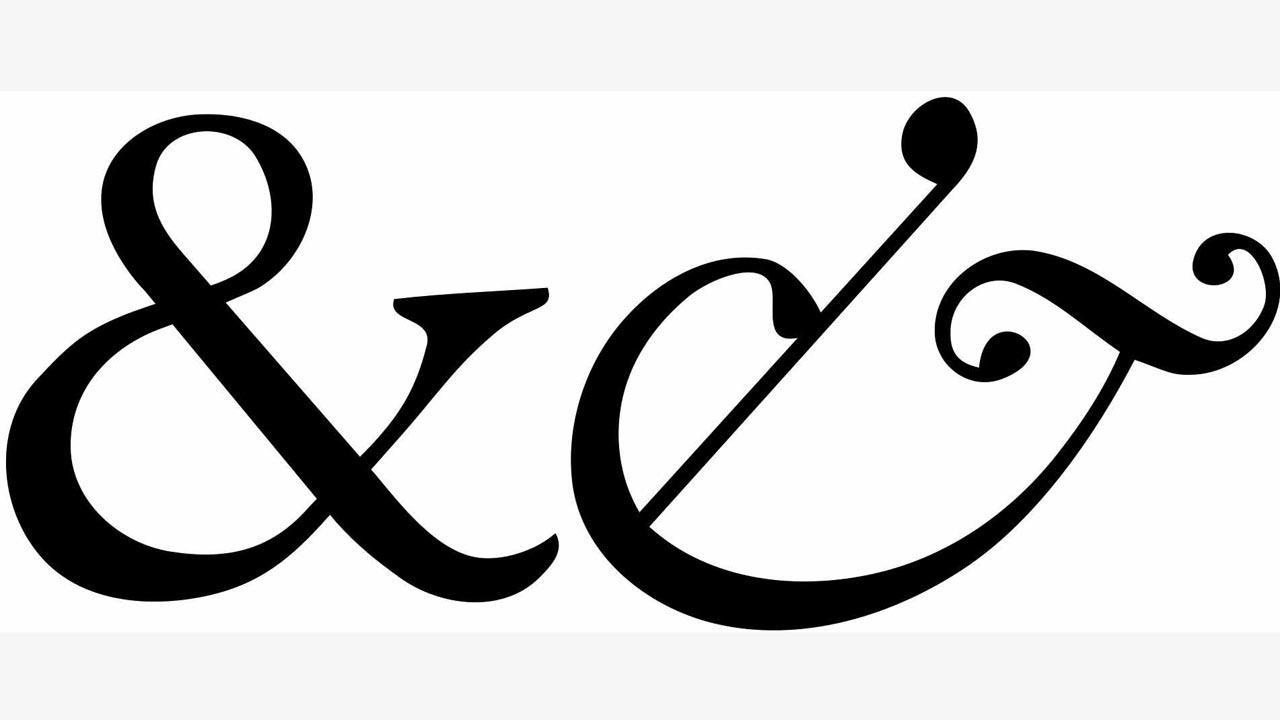Home / Mumbai-guide / Things To Do / Article /
Interesting facts about the symbol '&' and ways to celebrate Ampersand Day
Updated On: 07 September, 2024 09:43 AM IST | Mumbai | Nandini Varma
Tomorrow is Ampersand Day, and so we’ve curated a few cool facts and fun things to do around this important symbol in literature that is referred to as the 27th letter of the alphabet

The ampersand and its italic variant. Pics Courtesy/Wikimedia Commons
The symbol ‘&’, known as the ampersand, was once considered a letter in the English alphabet before it was removed. Originating in Pompeii in the first century CE, it came from the Latin ‘et’ meaning ‘and’. When the letters ‘e’ and ‘t’ were combined together in writing, they looked like ‘&’. Today, the ampersand is widely used in poems, names of organisations, even in pop culture when referring to famous pairs like Batman & Robin, Tom & Jerry and Frodo & Sam.
To usher the day here are five cool facts about the symbol:
 EE Cummings
EE Cummings



